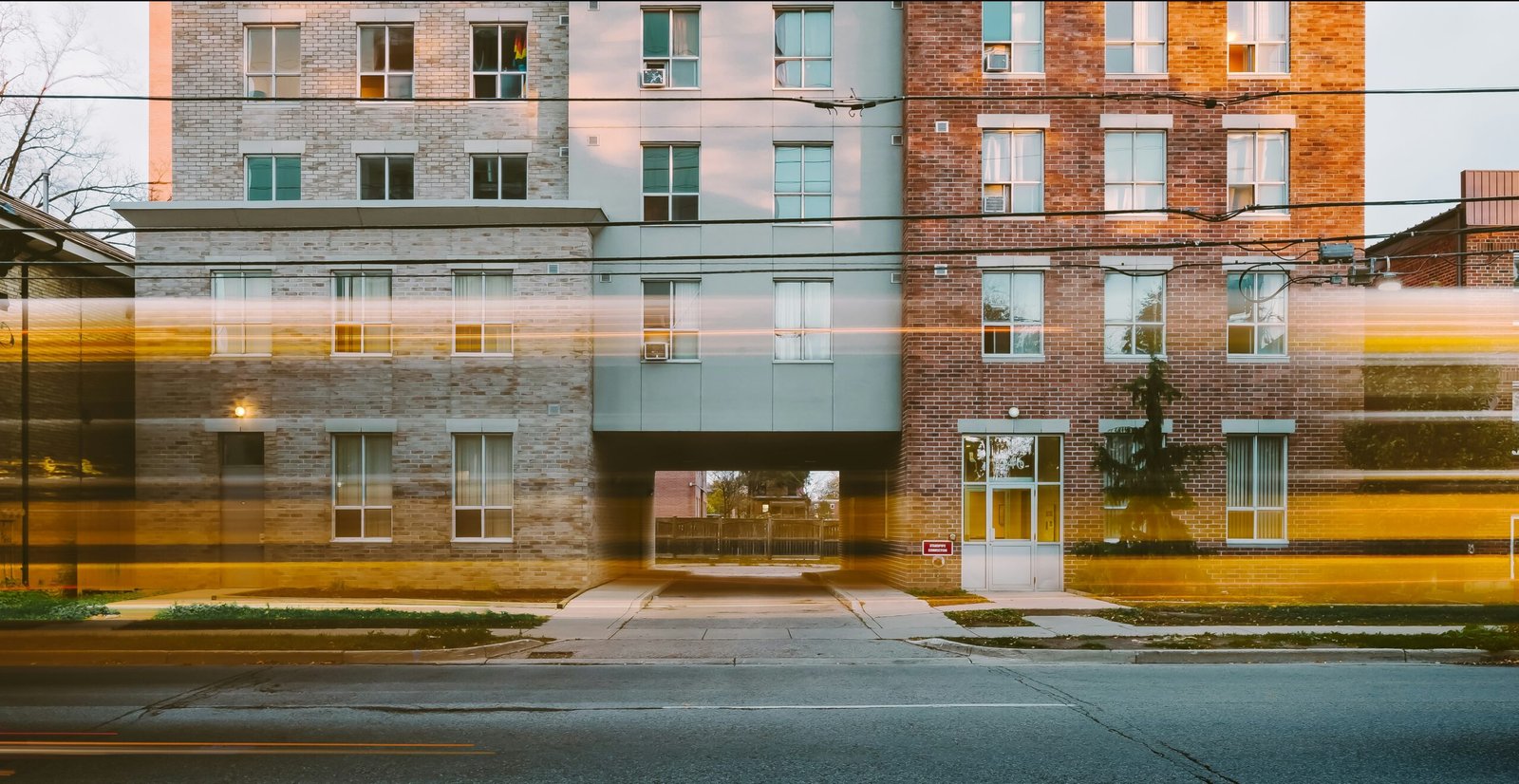Affordable House Contractors in Philippines Affordable House Contractors in Philippines The housing market in the Philippines has witnessed significant changes in recent years, driven by a growing demand for affordable housing options. With a burgeoning population and rapid urbanization, many Filipinos are in search of


